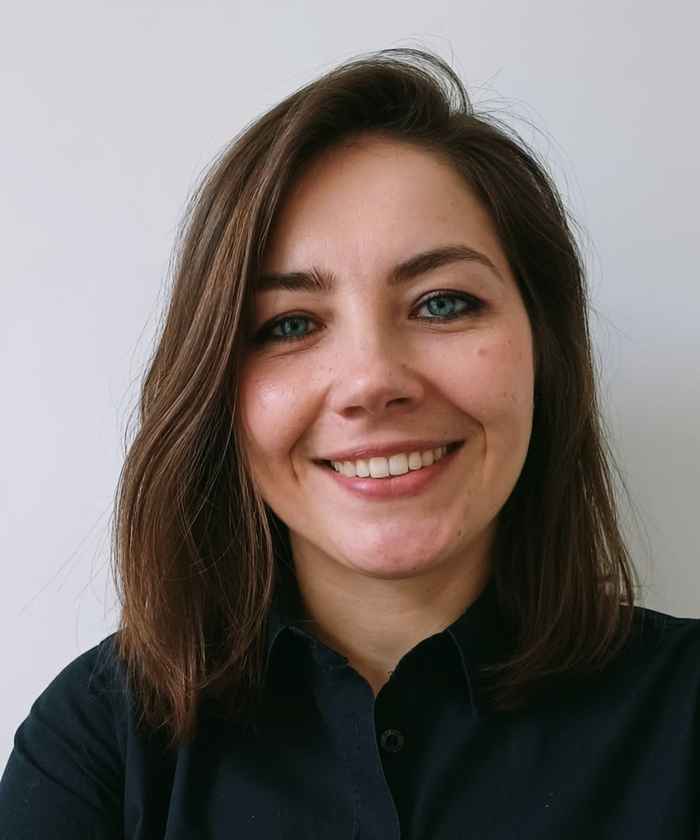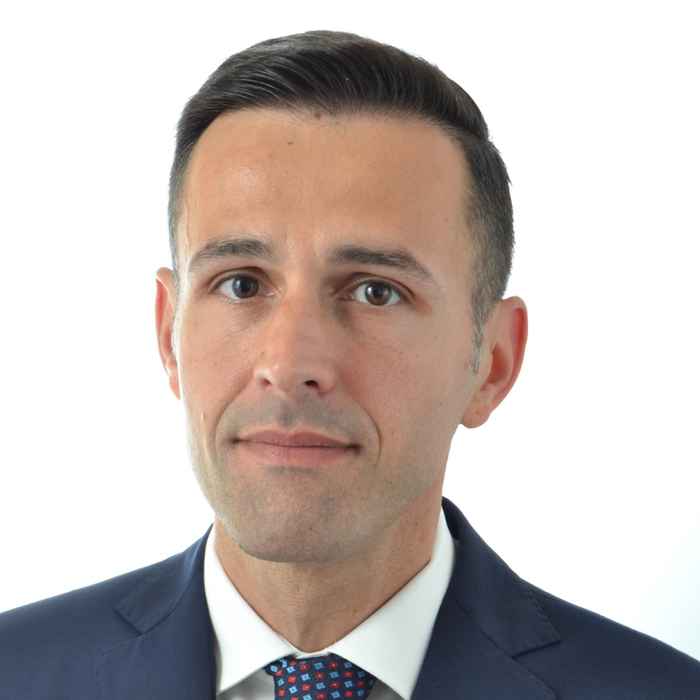Marie Curie postdoctoral fellowship for Natalia Kwiatos to join the Biocatalysis group
Developing a versatile yeast cell factory for synthesis of chiral amines
26 April 2024

In her research, Natalia Kwiatos will develop a novel, modular approach for the conversion of natural amino acids into enantiopure alpha-chiral amines and aminoalcohols. This will provide the pharmaceutical, agrochemical and fine chemical industries with a green and robust technology to use renewable feedstock for producing these high-value chemicals.
It is a challenging project that has been on Mutti's wish list for a couple of years, he says. 'I could never find the right opportunity and collaborator. I am really happy now that the Marie Skłodowska-Curie actions have made all this possible.' Kwiatos is looking forward to working in Amsterdam and says she is excited about opportunities that come along with the Marie Curie fellowship. 'It is a big challenge and a big responsibility. Thank you!'
Baker's yeast as a chemical factory

The proposed conversion technology will start with L-α-amino acids that can be sustainably produced from renewable feedstock through fermentation. For their conversion into high-value chemicals, Kwiatos will develop in vivo biocatalytic cascades using Saccharomyces cerevisiae as the host organism. Commonly known as brewer's yeast or baker's yeast, this microorganism is genetically well-known, is suitable for large scale operation, and will allow to obtain higher productivity than using bacterial strains.
Kwiatos will construct a library of integrative plasmids expressing the enzymes. She will transform these to S. cerevisiae to obtain a yeast cell factory that will then be optimized both on the genetic level and on the bioprocess level. She aims to achieve industrially viable productivity parameters and, resulting from the modular approach, a wide applicability of the proposed yeast factory.